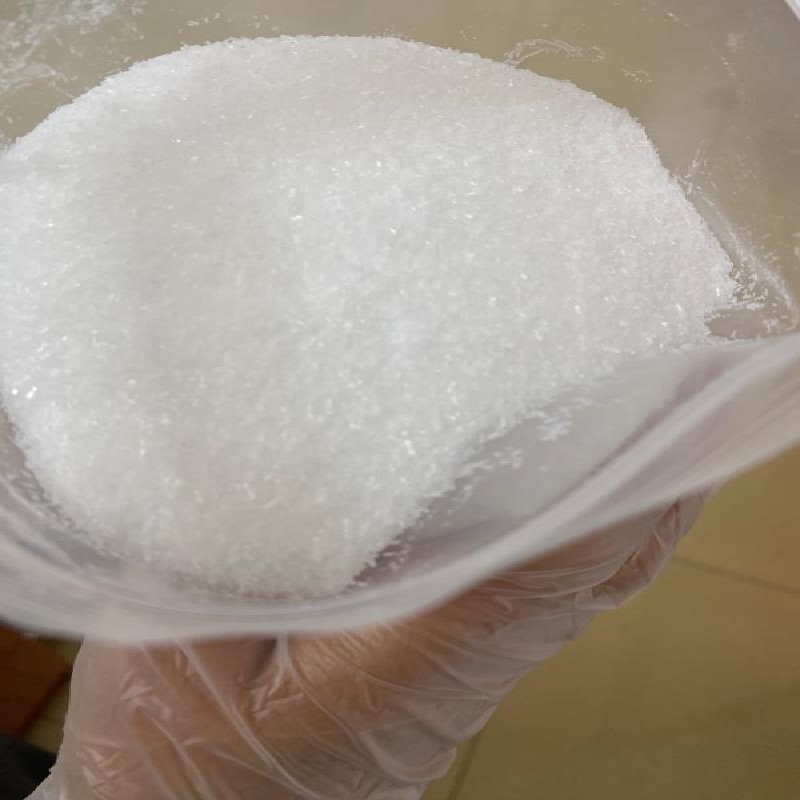-
Categories
-
Pharmaceutical Intermediates
-
Active Pharmaceutical Ingredients
-
Food Additives
- Industrial Coatings
- Agrochemicals
- Dyes and Pigments
- Surfactant
- Flavors and Fragrances
- Chemical Reagents
- Catalyst and Auxiliary
- Natural Products
- Inorganic Chemistry
-
Organic Chemistry
-
Biochemical Engineering
- Analytical Chemistry
-
Cosmetic Ingredient
- Water Treatment Chemical
-
Pharmaceutical Intermediates
Promotion
ECHEMI Mall
Wholesale
Weekly Price
Exhibition
News
-
Trade Service
▎WuXi AppTec content team editor
References:[1] Children learn more quickly than adults.
Retrieved November 15th, 2022 from style="outline: 0px;max-width: 100%;font-size: 10px;color: rgb(178, 178, 178);box-sizing: border-box !important;overflow-wrap: break-word !important;" _mstmutation="1" _istranslated="1"> [2] Takeo Watanabe, Efficient learning in children with rapid GABA boosting during and after training, Current Biology (2022).
DOI: 10.
1016/j.
cub.
2022.
10.
021
We often have the feeling that as we get older, we are always unable to learn new things
.
Now, a new study tells us that, unfortunately, this feeling is not an illusion
.
According to the latest paper published in Current Biology, differences in γ-aminobutyric acid (GABA) concentrations in the brain directly lead to elementary school students' ability to receive information and learn skills more than adults
.
"Our results show that children can learn more than adults in the same amount of time, which means that children learn more efficiently
.
" The study's leader, Professor Takeo Watanabe of Brown University, said
.
GABA is an inhibitory neurotransmitter that affects the level
of excitability of neurons.
Scientists already know that GABA plays a key role in the consolidation of learning memory, so it seems not difficult to guess that differences in learning ability by age group may be related to
GABA as well as memory consolidation.
Surprisingly, existing research does not support this hypothesis
.
According to previous studies, the inhibitory effect of GABAergic neurons is not yet mature
in children's brains.
In this way, there seems to be a contradiction
between the theory and the experimental results.
"It is often assumed that children can learn more efficiently than adults, but the scientific evidence for this is weak, and the neural mechanisms by which children learn more efficiently are not clear
.
" Professor Watanabe said
.
Source: 123RF
Looking at existing studies, Professor Watanabe noticed a problem: these studies only measured the level of GABA in children at a certain time, and did not consistently detect the trend of GABA before and after learning, which may lead to biased conclusions
.
Therefore, the research team designed a visual perception learning experiment and examined the changes
of GABA concentration in the visual cortex of the brain before, during and after learning in children aged 8~11 and adults aged 18~35.
Neuroimaging results showed that visual perception learning induced a rapid increase in GABA in the visual cortex in children, and the surge in GABA continued for several minutes
after the learning ended.
In contrast, GABA in adults remained stable
throughout the experiment.
In subsequent behavioral experiments, the team further verified that children consolidate new learning outcomes significantly faster than adults, and these results imply that GABA is a key factor
in improving children's learning efficiency.
The study also rewrote the understanding
of how children's brains mature.
"Our results suggest that children exhibit efficient GABAergic inhibitory processing, although their other brain regions responsible for cognitive control and attention have not yet developed inhibitory processing," said Sebastian Frank, Ph.
D.
, the paper's first author.
”
"Although children's brains are not yet fully mature, and many of their behavioral and cognitive functions are not as efficient as adults, this does not mean that adults are always better than children," Professor Watanabe said.
”
The research team pointed out that future studies need to be more carefully examined
for differences in the rate of maturation between different brain regions.
In addition to visual learning, they will explore GABA's response
to other types of learning.
References:[1] Children learn more quickly than adults.
Retrieved November 15th, 2022 from style="outline: 0px;max-width: 100%;font-size: 10px;color: rgb(178, 178, 178);box-sizing: border-box !important;overflow-wrap: break-word !important;" _mstmutation="1" _istranslated="1"> [2] Takeo Watanabe, Efficient learning in children with rapid GABA boosting during and after training, Current Biology (2022).
DOI: 10.
1016/j.
cub.
2022.
10.
021







